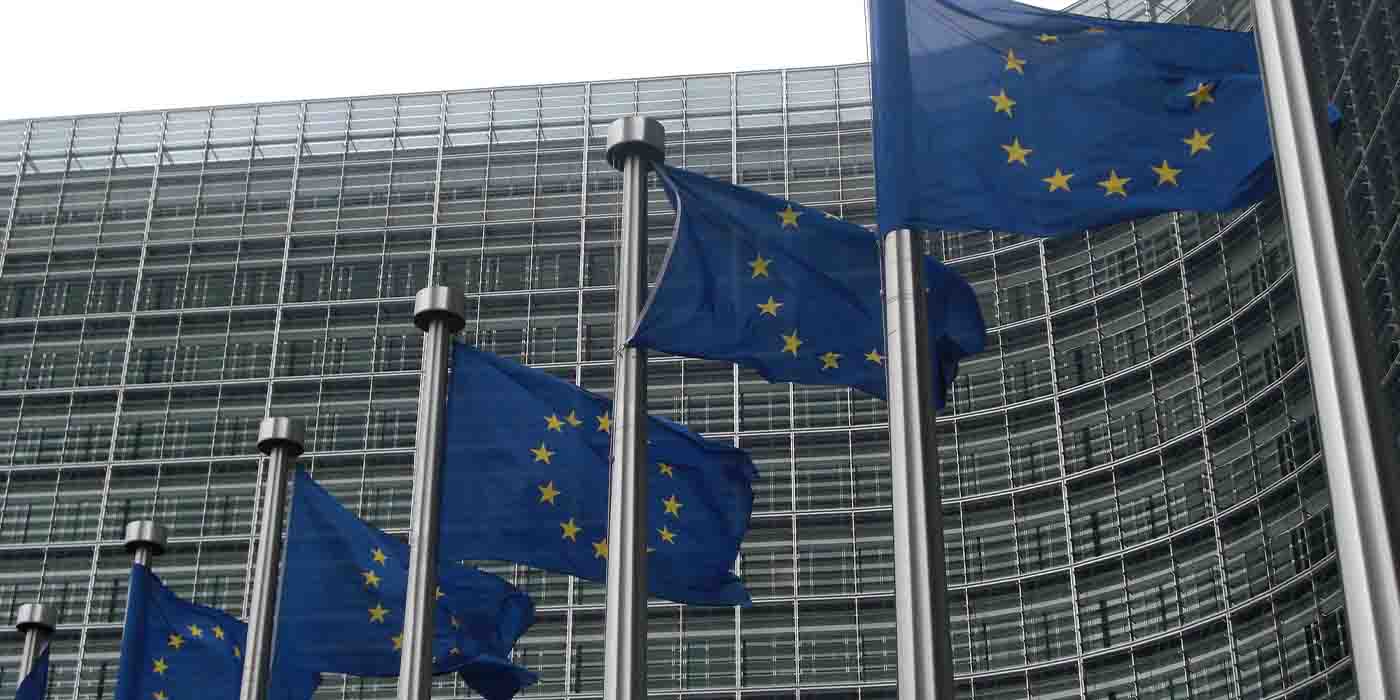
Following talks that carried late into Friday evening, representatives from both the EU and member state Germany have relayed that an agreement has been reached in the proposed 2035 ban of new combustion vehicle sales that will now include exceptions for e-fuels. After 2035, some combustion vehicles can still be sold, as long as they run entirely on carbon-neutral fuel alternatives.
We don’t feel the need to give you the full recap, because we’ve been updating this ongoing saga of the EU commission’s attempt to enact its 2035 ban on combustion cars almost bi-weekly at this point. That being said, we may have finally reached a bookend on the tale that appeases the Commission, pleases Germany, yet still leaves plenty of others upset.
Most recently, Germany’s distaste for the proposed 2035 ban of new combustion vehicle sales in the EU was gaining steam, with several allies joining the automotive powerhouse of a country in speaking out on the lack of clarity regarding carbon-neutral e-fuels.
Last October, the EU Commission thought this was already a done deal, until Germany got cold feet, so its members quickly began scrambling to reach an agreement to regain the country’s vital blessing of the ban.
Earlier this week, we learned that the EU Commission had drafted a proposal to appease the unhappy member states that included new terms for combustion vehicles using e-fuels, hearing that a deal could be done as early as this past Thursday.
Those talks carried over into Friday in Europe, but an agreement has been reached and the EU’s 2035 combustion ban can finally move forward to its final vote. That being said, additional provisions will still need to be provided to truly grasp how e-fuel vehicles can be sold without any risk of traditional fuel use.

EU’s 2035 ban gets green light following e-fuel provisions
According to the head of EU climate policy Frans Timmerman, the Commission has reached an agreement with Germany on the future use of e-fuels vehicles after the 2035 combustion ban takes effect. German transport minister Volker Wissing, who has been the ringleader in his country’s sudden change of heart regarding the ban, shared a similar sentiment on Twitter Friday:
The way is clear: Europe remains technology-neutral. Vehicles with combustion engines can also be newly registered after 2035 if they only use CO2-neutral fuel. We secure opportunities for Europe by retaining important options for climate-neutral and affordable mobility.
A new vote, which expected to take place this coming Tuesday in Brussels, should pass with Germany’s blessing, but we’ve heard that before. Other EU countries like Italy, who originally backed Germany’s call for e-fuel exceptions, want even more assurances from the EU Commission, but with Germany now back onboard the 2035 ban, those other countries aren’t a large enough minority to block the vote.
What’s interesting about the agreement is that the text of the original regulation will not change from last year. After the ministers sign off on it next week, the Commission plans to follow up with additional details on how to implement new provisions on e-fuel vehicles.
You can’t please everyone as they say, and environmental activists – already angered by Germany’s sudden change of heart toward the 2035 EU ban, are further enraged by the recent compromise for carbon-neutral vehicles. Arguments from organizations like Greenpeace state that these provisions distract from the broader goal of implementin fully-electric and ZERO-emissions vehicles – which truly feels like the inevitable path the world is on right now, even 12 years out from the EU’s 2035 combustion ban.
Even some Germans like Green member of European Parliament Michael Boss have spoken out:
The automotive sector has wholeheartedly embraced electric cars, rendering the previous debate on the matter absurd and damaging Germany’s credibility. It is now time to make reparations.
Let’s hope this is the last update regarding this story so the EU can get the 2035 combustion ban through its final vote and enacted into law. Next, we will have to see how those e-fuel provisions will work and how those automakers intend to build engines that operate carbon-neutrally without any chance of someone sneaking gas or diesel into them.
Electrek’s take
Now that we’ve (hopefully) reached a solution this whole ordeal in the EU, I feel like I can finally comment on it. As an environmentalist, EV enthusiast, and proponent of new technologies, I obviously side with the statements from Greenpeace and Michael Boss above.
To me, this whole debate feels like a grand waste of time and a mere drop in the bucket in relation to the future of mobility in both the EU and the world. If this is what it takes to get Germany back to Brussels with a vote of “aye,” fine. I understand why the EU Commission decided to bend on e-fuel exemptions.
The fact that the same agreed upon regulation on the EU’s 2035 combustion ban will remain intact is important, but I wonder how these promised e-fuel provisions will even work? These automakers that are so hellbent on allowing sales of carbon-neutral vehicles after 2035 may still have to develop entirely new engines that accept e-fuels, but not gas or diesel.
My question is, why not put all that money, research, and development into zero-emission vehicles? We’ve already reached critical mass in EV adoption, and we’ve seen the segment explode in recent years. How is the mobility landscape going to look 10+ years from now? Will anyone even be interested in an e-fuel vehicle in 2035, when they can get a BEV that hopefully has solid state batteries, some level of autonomy, and produces zero emissions for the same price, or even less?
I’m not a fortune teller, but that seems like an inevitable future with the way the industry is shifting and the speed at which EV technology is advancing. Maybe I’m dreaming, but if that is the outlook, why not fully lean in and try to lead that paradigm shift instead of clinging to technology that already feels obsolete compared to what’s currently being developed?
Regardless of the success or lack thereof e-fuel vehicles will have, I’m happy to hear the combustion ban is moving forward, and so should drivers in the EU. This is still a landmark regulation that sets a major precedent for ending carbon emissions on roads around the world.
